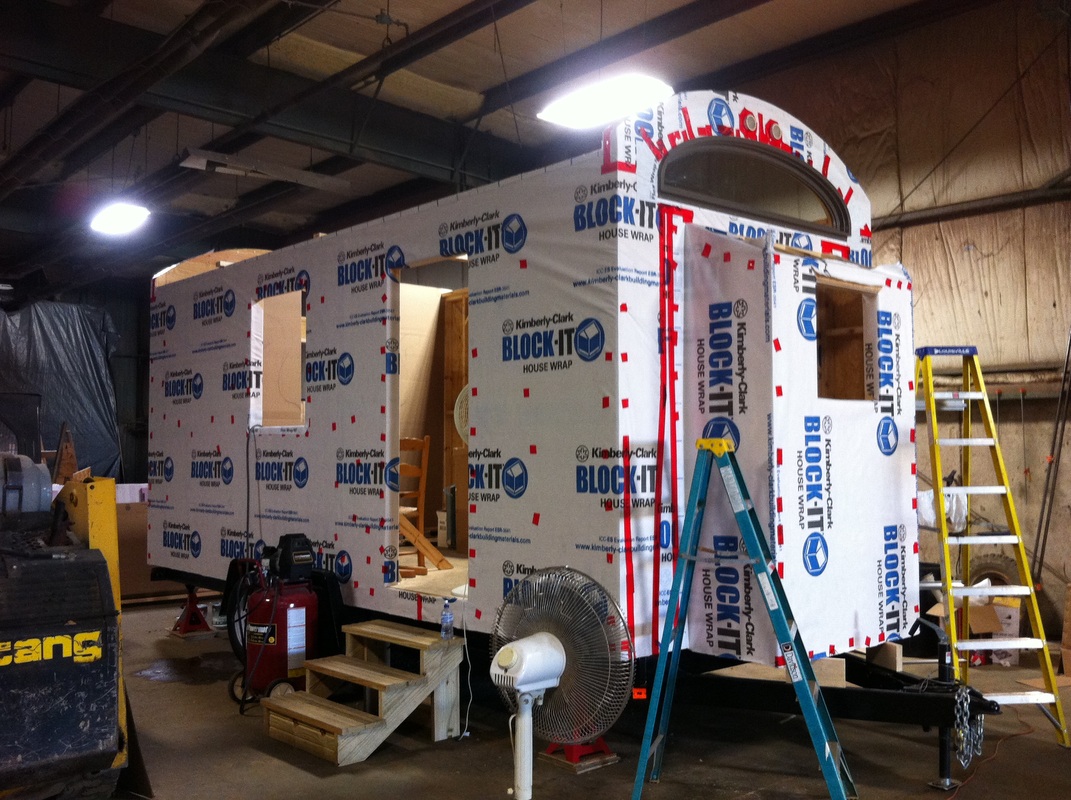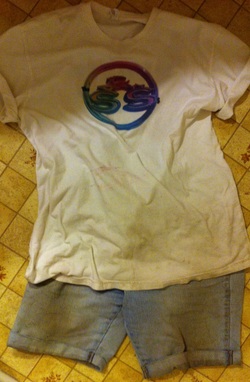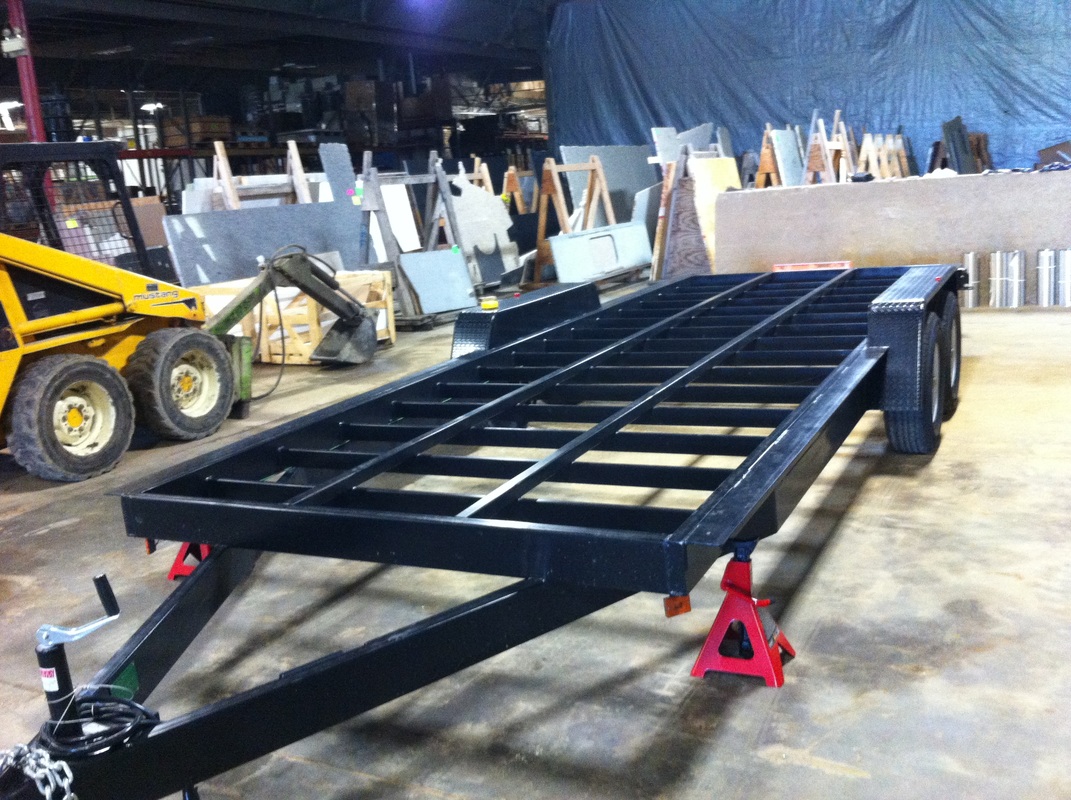| Although it was offered at my junior high, I never took shop. In fact, I probably never considered the possibility of taking shop for more than 30 seconds. I was only dimly aware of it at the time, but there was an unspoken assumption that kids with an aptitude for academics didn't take shop unless they were really slacking off. Shop was for boys who |
would never take physics, or maybe the occasional girl who chewed tobacco.
It's a shame really, because understanding how things work contributes a lot to my sense of ease in the world, and I'm not talking about how to balance a chemical equation or even a checkbook (though those can be useful skills too). I'm talking about primal needs like food, water and shelter. I sometimes wonder how much the dim and ever-present awareness of how little we understand about the systems that sustain us contributes to the undercurrent of malaise and dis-ease endemic in modern society.
I've managed to learn a couple of things since junior high, things like growing vegetables, keeping chickens and bees, and building with mud and straw. And those things have brought me a lot of happiness. Building the tiny house is giving me the opportunity to learn a lot more.
I may not be as brave as some tiny housers, like those who decide to jump in with no prior building experience and build the whole thing themselves. After all, I hired my wood-worker friend and we consult with plumbers and roofers and electricians. But I'm in there every step of the way, sometimes helping out, other times slowing things down, and I'm finding it tremendously fulfilling. I love the idea that when this little house is done, I will really know it, inside and out.
Not long ago I came across an interesting piece. It was from the OnBeing.org blog and titled "The Work We Value, The Intelligence We Ignore: Is the Work that Made America Great Valued Any Longer?" In it the author, Trent Gilliss, talks about his grandfather who was one of those people who just knew how things worked and could fix or build anything. For most of his life, he writes, his grandfather "woke up clean and came home dirty." And "in between, he accomplished things that were nothing short of miraculous." Things like repairing plumbing lines or shingling roofs.
It's a shame really, because understanding how things work contributes a lot to my sense of ease in the world, and I'm not talking about how to balance a chemical equation or even a checkbook (though those can be useful skills too). I'm talking about primal needs like food, water and shelter. I sometimes wonder how much the dim and ever-present awareness of how little we understand about the systems that sustain us contributes to the undercurrent of malaise and dis-ease endemic in modern society.
I've managed to learn a couple of things since junior high, things like growing vegetables, keeping chickens and bees, and building with mud and straw. And those things have brought me a lot of happiness. Building the tiny house is giving me the opportunity to learn a lot more.
I may not be as brave as some tiny housers, like those who decide to jump in with no prior building experience and build the whole thing themselves. After all, I hired my wood-worker friend and we consult with plumbers and roofers and electricians. But I'm in there every step of the way, sometimes helping out, other times slowing things down, and I'm finding it tremendously fulfilling. I love the idea that when this little house is done, I will really know it, inside and out.
Not long ago I came across an interesting piece. It was from the OnBeing.org blog and titled "The Work We Value, The Intelligence We Ignore: Is the Work that Made America Great Valued Any Longer?" In it the author, Trent Gilliss, talks about his grandfather who was one of those people who just knew how things worked and could fix or build anything. For most of his life, he writes, his grandfather "woke up clean and came home dirty." And "in between, he accomplished things that were nothing short of miraculous." Things like repairing plumbing lines or shingling roofs.


 RSS Feed
RSS Feed

